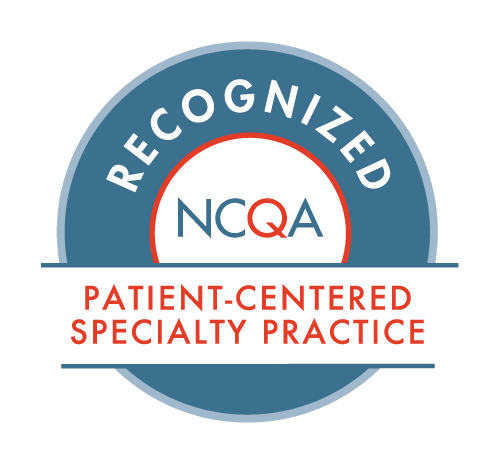Heart Failure Prevention: 5 Things You Can Do
- Posted on: Jul 9 2025
Heart failure happens when your heart cannot pump blood well enough to meet your body’s needs. Over time, that strain can lead to symptoms like shortness of breath, swelling, and extreme fatigue. Heart failure prevention is possible, and it often starts with changes you can make today.
Types of Heart Failure
Heart failure is not one single condition. There are several types, each affecting your heart differently.
Left-Sided Heart Failure
This is the most common. It happens when the left side of your heart cannot pump blood out to the body effectively. This can be further divided into:
- Systolic failure (HFrEF): The heart muscle is too weak to contract properly, resulting in a reduced ejection fraction (40% or less).
- Diastolic failure (HFpEF): The heart muscle becomes stiff and cannot fill well between beats. The ejection fraction is usually 50% or higher.
- Mildly reduced ejection fraction (HFmrEF): This newer category falls between systolic and diastolic, with an ejection fraction between 41% and 49%.
Right-Sided Heart Failure
This usually follows left-sided failure. The right side struggles to pump blood to the lungs, causing fluid to build up in your legs, abdomen, and other areas.
Biventricular Heart Failure
This means both sides of your heart are affected, leading to widespread symptoms like severe shortness of breath and body-wide swelling.
Heart Failure Prevention Tips
Below are five simple, evidence-backed steps you can take to protect your heart.
1. Keep Your Blood Pressure and Cholesterol in Check
High blood pressure is one of the most common causes of heart failure. When your heart has to work too hard to push blood through stiff, narrow arteries, it weakens over time. Cholesterol buildup in the arteries, also called atherosclerosis, can also lead to heart attacks, which damage the heart muscle and increase your risk for heart failure.
You should keep your blood pressure near 120/80 mmHg and your LDL cholesterol low. Lifestyle habits like cutting down on salt, staying active, and eating healthier foods can help. If you already have high numbers, medications such as ACE inhibitors, statins, or beta-blockers may be necessary.
2. Move Your Body Every Week
Exercise protects your heart in powerful ways. Regular physical activity supports healthy blood flow, keeps your weight in check, and helps reduce high blood pressure. According to the American Heart Association, you should aim for at least 150 minutes of moderate activity, like brisk walking, or 75 minutes of vigorous activity, like jogging, per week.
3. Adopt a Heart-Smart Diet
The food you eat plays a direct role in your heart’s long-term health. A diet rich in fruits, vegetables, whole grains, legumes, fish, and nuts can significantly lower your risk of developing heart disease. On the flip side, eating too many processed foods, sugary drinks, and meals high in saturated fats can put you on the wrong track.
4. Avoid Smoking, Drug Use, and Heavy Alcohol Intake
Smoking is one of the fastest ways to damage your heart. Even secondhand smoke raises your risk of heart disease by up to 30%. Drug use, especially cocaine and amphetamines, can lead to cardiomyopathy, where the heart muscle becomes damaged or enlarged.
Alcohol in small amounts may be okay, but heavy drinking or binging stresses your heart. If you smoke or use substances, talk to a healthcare professional about support programs. These steps aren’t always easy, but they’re worth it.
5. Stay on Top of Health Conditions Early
Many cases of heart failure start with other conditions that were not properly managed. These conditions include type 2 diabetes, thyroid disorders, or sleep apnea. If you have a family history of heart disease or heart failure, speak with your doctor about genetic risks or screening options.
Monitor your blood sugar, weight, and cholesterol regularly if you are over 40 or have any known risk factors. Early treatment for high blood pressure and diabetes is one of the most effective forms of heart failure prevention. Staying on top of your health today can save you from major complications later.
Start Taking Care of Your Heart Now
At Hunterdon Cardiovascular Associates, we offer comprehensive care to help you prevent, manage, and treat heart conditions, including heart failure. With convenient locations in Flemington, Clinton, and Bridgewater, our team is ready to support you with heart screenings, lifestyle guidance, and treatment plans tailored to your needs.
If you’re concerned about your heart health or just want to stay ahead of future risks, schedule an appointment with us today.
Posted in: Uncategorized



